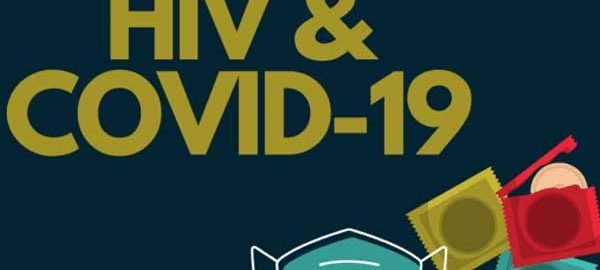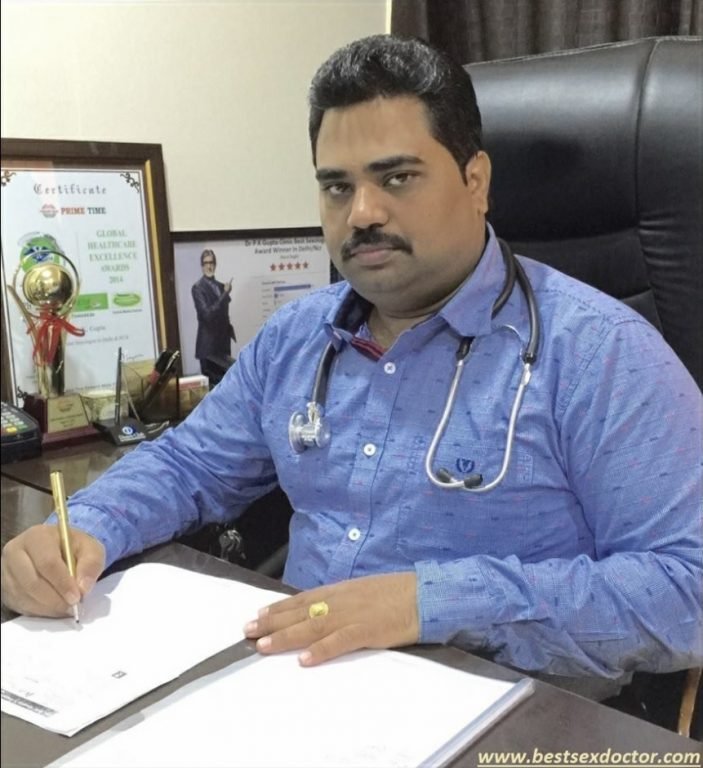The COVID-19 pandemic was (and still is) a harsh burden on the ability to access healthcare services and resources globally. Before the pandemic, doctors and public health officials were hopeful that the decline in HIV cases would continue to drop, and a campaign to eliminate the AIDS epidemic by 2030 was underway. Then, the pandemic hit and set that goal back.
So how exactly has COVID-19 affected HIV response? Broadly speaking, the pandemic impacted the healthcare access of marginalized communities the most¹. Low-income workers and people of color were disproportionately impacted, and ethnic minority groups already faced more barriers in regards to healthcare equity before the pandemic begun². Coupled with the fact that HIV is most prevalent amongst low-income and marginalized groups, COVID-19 only made the fight for healthcare equality and against HIV more difficult. In total, over 20 million people became unemployed, leading many to lose their health insurance and unable to access necessary preventative HIV resources.
Over the course of the pandemic, there have been 670,000 less HIV screenings and 4,900 less diagnoses of HIV. PrEP prescriptions have declined 21% nationally. While these seem to be good signs, experts warn that it’s because less people are going to clinics to be tested and treated due to fears of contracting the virus, economic hardships, and stricter interactactions with physicians³. Drug overdoses have continued to rise, which doesn’t bode well for the 66% of HIV transmissions that happen via needles. As of 2019, 19% of people with HIV did not know they had it, and it’s possible that number has increased since the pandemic. But, the fight against HIV is far from over and still looks hopeful. Over the past decade, HIV cases have dropped 23%³. The pandemic may have slowed progress, but the goal of eradicating HIV is far from unachievable. The focus is to get back on track by increasing resources available, urging more people to be tested, and promoting the use of PrEP and condoms. With the end of the pandemic on the horizon, it’s crucial to get back on track by advocating and supporting preventative measures against HIV. It takes all of us to do it.



